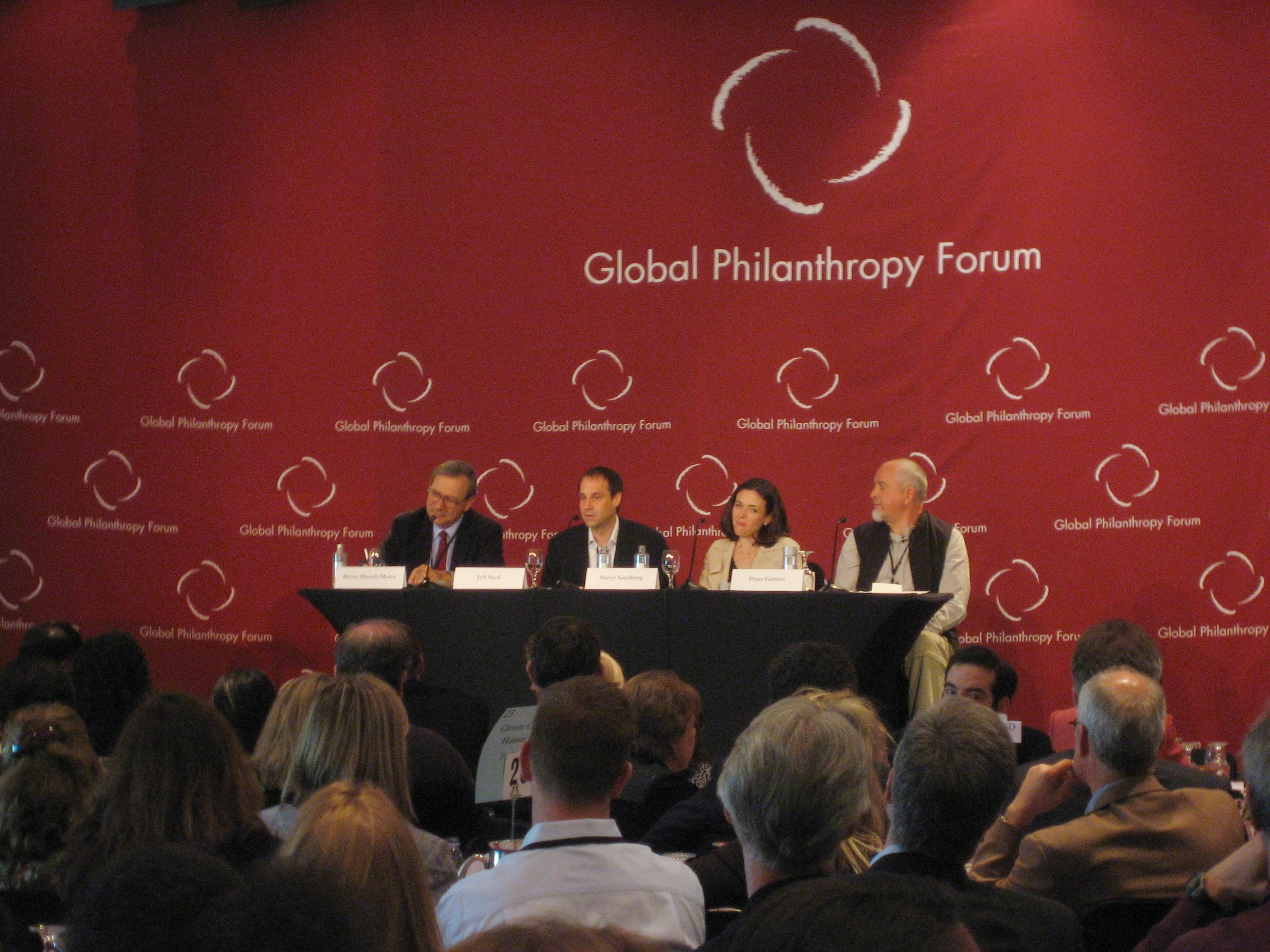
Here is my predicament. I think in the speed of cash. Therefore, when you are investing how rapidly do you get your refund. These are all money deals. At a 18% cash-on-cash this would imply you are squandered in about 6 years. A little sluggish for my tastes, however ok.
However if you're taking money from the government, you can't watch on it. which's the No. 1 reason a federal bailout of papers is a dreadful concept. If there were a screening mechanism, even. a type of buffer board in between to protect the journos from the politicos. it does not take much creativity to envision a time when a congressperson or staffer or bureaucrat will put the pressure on behind the scenes to achieve favorable protection or stave off negative coverage, utilizing the danger of a cut subsidy. Newspapers would forfeit whatever shred of public trust they have staying.
The whole idea of philanthropy is to be completely selfless about your deeds. You need to not be expecting to receive anything in return. You might receive appreciation for your actions and some degree of notoriety however that ought to not be the inspiration for your giving. The most charitable acts are those that are given with no thought for oneself.
As I matured I recognized how important it was to contribute to charities due to the fact that oftentimes these charities were offering help to individuals who had no other resources. Providing to them felt good. I knew where the money was going and how individuals were being assisted. And when I offered to charities with an excellent sensation in my heart, I typically experienced something good happening to me. When I assisted out people who were in a tight area, this was also the case. In both cases I expected absolutely nothing in return, yet I always seemed to be the recipient of something great from an entirely unrelated source.
These business live in a cut-throat world. They have incredible pressure on them from stockholders to lenders and much of that pressure is equated into "client retention"-in some cases at all costs, or at least at expenses that can save you some major cash.
Did the earthquake do it? No, Rhodes had in fact reconstructed after the earthquake (although they didn't replace the colossus). What brought Rhodes down was no earthquake or natural catastrophe or war or famine. It was Roman tax policy. All to prevent a 2% tax. The Switzerland of the ancient world, the commercial giant philanthropy of the east was lowered because individuals wanted to prevent a 2% tax.